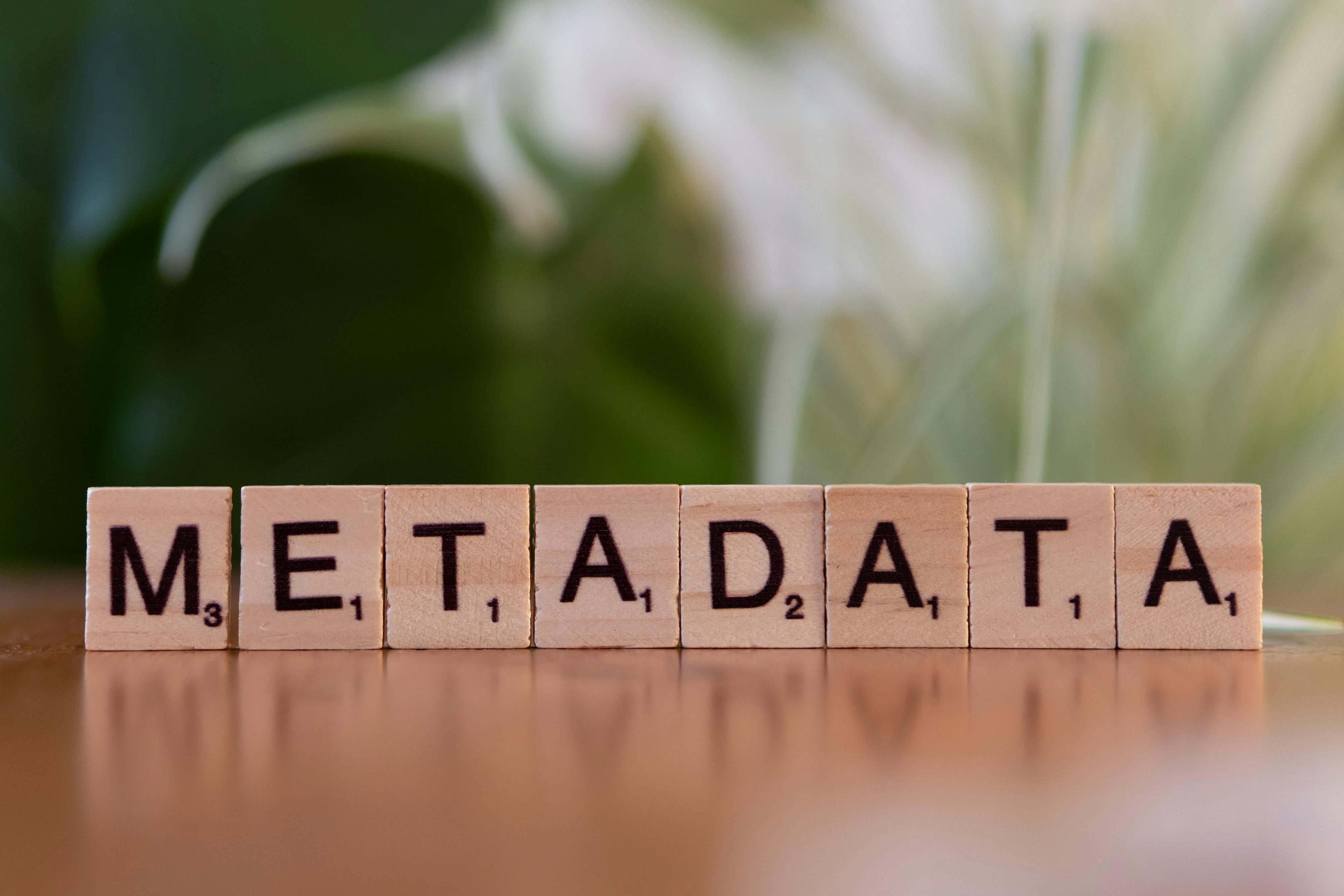Methods Through which Russian Propaganda Misuses Memorial
In May, we mark the 80th anniversary of World War II's conclusion in Europe. This year's celebration has been marred by the exclusion of Russian and Belarusian representatives from Germany's commemoration event at the Bundestag. Osteuropa historian, Corinna Kuhr-Korolev, discusses the ongoing battle over memory and the influence of current conflicts on remembrance in an interview with ntv.de.
Russia's Victory Day Celebrations in 2023
Russia celebrates "Victory Day" on May 9th to commemorate the Red Army's defeat of Nazi Germany in World War II. Over the past year, extensive planning has been undertaken, with a unified logo and design guidelines from Moscow to be followed in all regions. Military parades take place in various cities, and the largest in Moscow features tanks, fighter jets, and military units, including those involved in the war against Ukraine.
Evolution ofMay 9th Military Parades
While celebrations initially avoided military parades after the war, they evolved into an official holiday by the late 1940s. Only during major anniversaries in 1965, 1975, 1985, and 1990 and after Putin came to power in the early 2000s were military displays a regular occurrence, serving as a show of strength both domestically and abroad.
The External Impact of Russia's Celebrations
Putin aims to have as many foreign representatives as possible attend the celebrations to amplify Russia's historical achievement and its claim to a global political role. At the same time, these festivities are an attempt to demonstrate the Soviet Union's liberation of Europe from fascism and its ongoing historical significance.
A Dual Historical Perspective: the Divide between Eastern European States and Russia
Putin's push to highlight the Red Army's decisive role in the war has led to growing tension between Russia and its neighboring countries, particularly Ukraine. While Russia continues to celebrate the 9th of May, many Eastern European states see these celebrations as a revival of imperialistic Russian ambitions and a distortion of historical events.
The Impact of Current Conflicts on Historical Interpretations
The annexation of Crimea and the aggressive rhetoric of Putin and his allies have further fueled these perceptions, with historical interpretations serving as a proxy for ongoing political tensions. Participating in Russia's parade on Red Square can be seen as an endorsement of Putin's historical narrative and support for the aggression in Ukraine.
Who Celebrates the 9 May Today?
While Russia continues to celebrate "Victory Day" with great fanfare, most other former Soviet republics now independent states celebrate in a more modest manner. Some states, like Ukraine, have changed the name of the holiday or observe a different day of remembrance to distance themselves from the Soviet tradition.
A Persistent War of Memory
From the Baltic states to Poland and Ukraine, many Eastern European countries see themselves as victims of Soviet imperialism rather than liberators and resist the Russian narrative of historical events. The ongoing conflict in Ukraine serves as evidence that concerns about Russia's intentions, raised by Kuhr-Korolev in 2012, have unfortunately materialized.
Germany's Relationship with Russia in the Memorial War
Although Germany is not directly engaged in the memory war with Russia, the country remains divided in its historical views, with some still clinging to Cold War era narratives. The exclusion of Russian and Belarusian representatives from Germany's commemoration events reflects the recognition of the danger of misusing these events for state propaganda.
Sources:- ntv.de- politics.co.uk- The New York Times- BBC News- The Economist
Tags:- Russia- Vladimir Putin- World War II- 80 years since the end of the war- Germany- Ukraine- Baltics- Ukraine conflict- Attack on Ukraine
- The European Union, following the exclusion of Russian and Belarusian representatives from Germany's commemoration event at the Bundestag, has expressed concern about Russia's manipulation of history during its annual Victory Day celebrations.
- With the ongoing tension between Russia and Eastern European states, particularly Ukraine, over the interpretation of World War II events, the European Union is closely monitoring the impact of Russia's Victory Day celebrations on political polarization and war-and-conflicts in the region.
- As Russia continues to propagate its historical narrative through the commemoration of the end of World War II, the European Union is using platforms like general-news and osteuropa to counter Russia's attempts at historical revisionism, especially in regard to its actions in Ukraine.
- Meanwhile, discussions about the European Union's stance on Russia are taking place across various channels, with many using social media apps such as WhatsApp to share and exchange ideas, shedding light on the importance of dialogue in managing the ongoing war-and-conflicts and political tensions between Russia and its neighbors.









